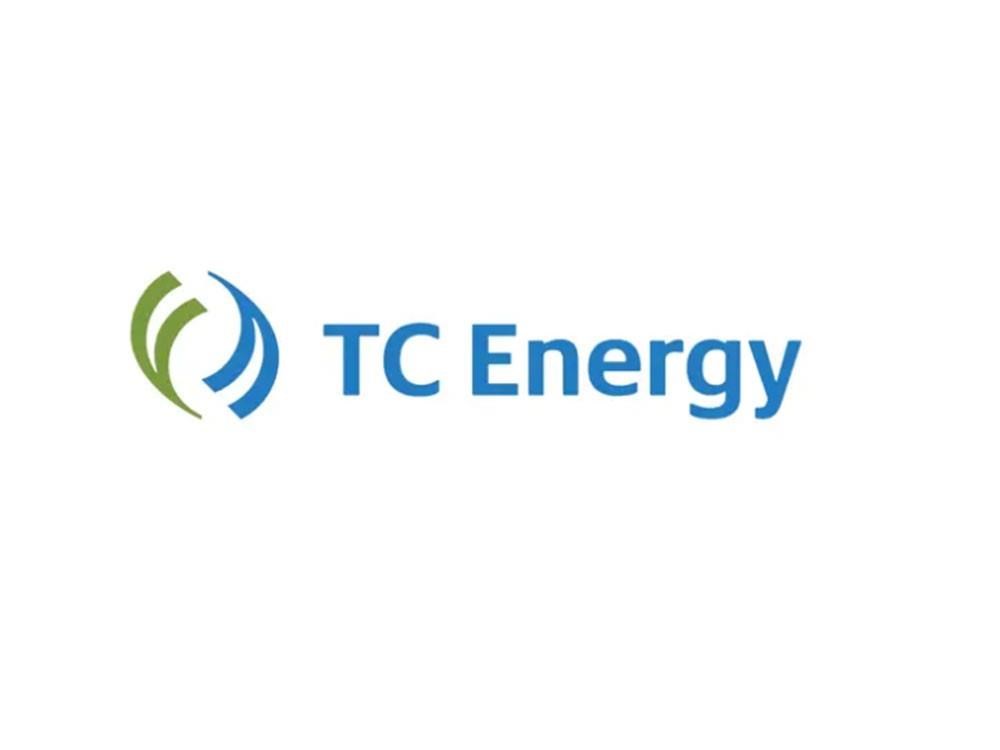TC Energy announced on Monday that it has reached an agreement to divest the Portland Natural Gas Transmission System (PNGTS) to a fund managed by BlackRock and Morgan Stanley Infrastructure Partners for $1.14 billion. This move is part of the company’s ongoing strategy to decrease debt and finance new ventures.
Based in Calgary, Alberta, TC Energy, recognized mainly for its Keystone oil pipeline, is undergoing restructuring. Last year, it disclosed intentions to separate its liquid assets to concentrate on natural gas transportation. With a long-term debt of approximately C$49.98 billion ($36.84 billion) as of December 31, 2023, and facing significant expenses related to its Coastal GasLink pipeline in British Columbia, TC Energy is navigating financial challenges.
Morningstar analyst Stephen Ellis commented, “The sale marks a significant initial stride towards TC Energy’s goal of divesting assets worth C$3 billion. The valuation appears reasonable.” CEO Francois Poirier previously stated in 2022 TC Energy’s plan to generate over C$5 billion ($3.69 billion) by 2023. PNGTS, spanning 475 kilometers (295 miles) and serving the upper New England and Atlantic Canada markets, is the asset being divested.
Blackrock will absorb $250 million of PNGTS’s outstanding debt as part of the agreement. The transaction is anticipated to finalize in mid-2024, with proceeds distributed according to the existing ownership stakes in PNGTS. TC Energy currently holds a 61.7% stake in PNGTS, with the remaining 38.3% owned by Northern New England Investment Company, a subsidiary of Energir.
Both entities have agreed to sell their interests to BlackRock’s Diversified Infrastructure fund and investment funds managed by Morgan Stanley Infrastructure Partners.
In November, the company expressed openness to joint ventures in Mexico and Canada as part of its divestment strategy, aiming to constrain annual net capital expenditures to between C$6 billion and C$7 billion post-2024.

